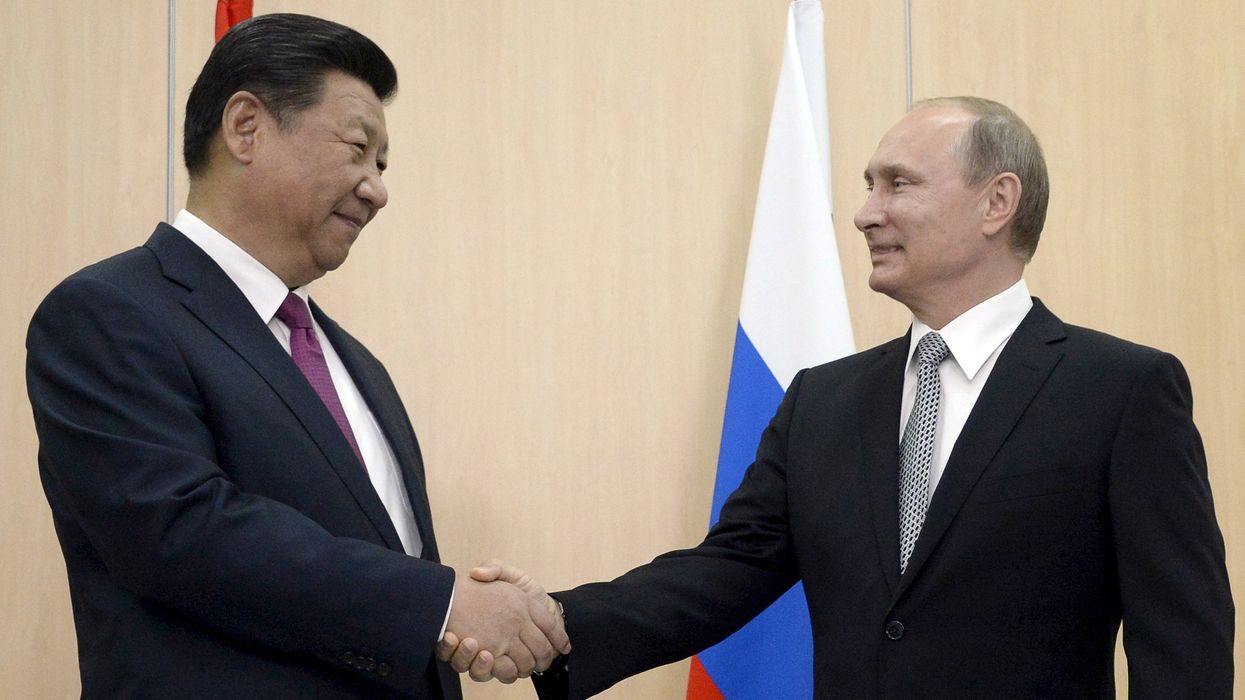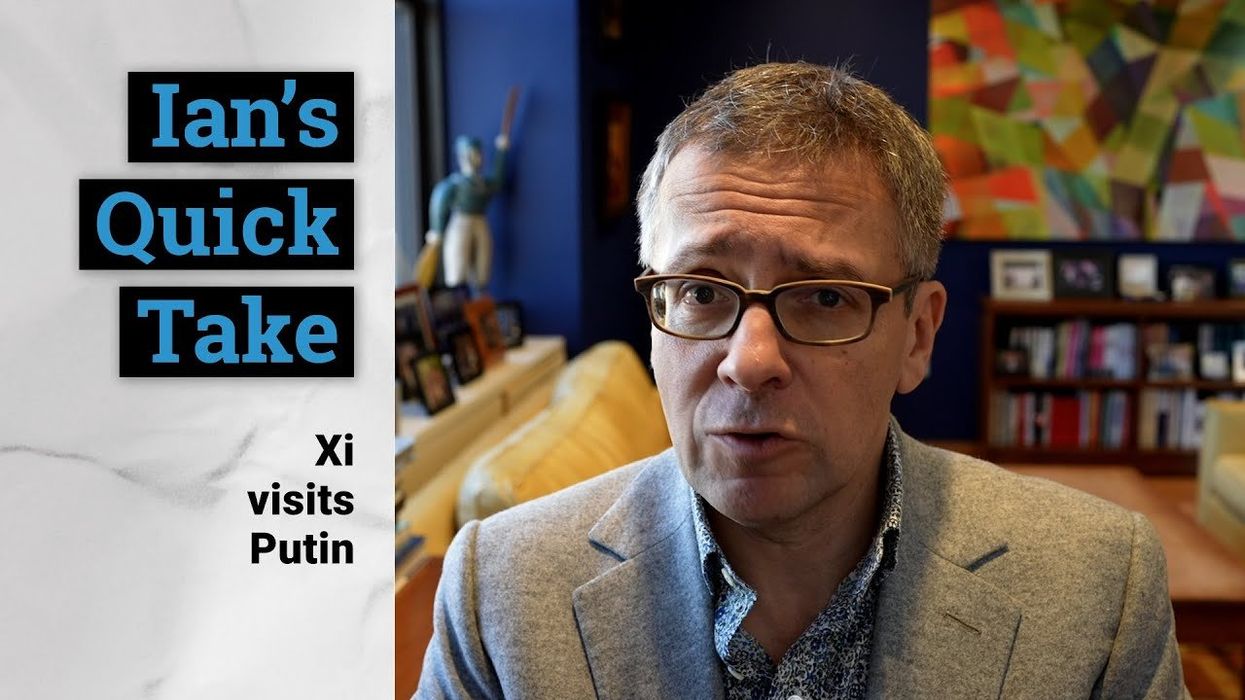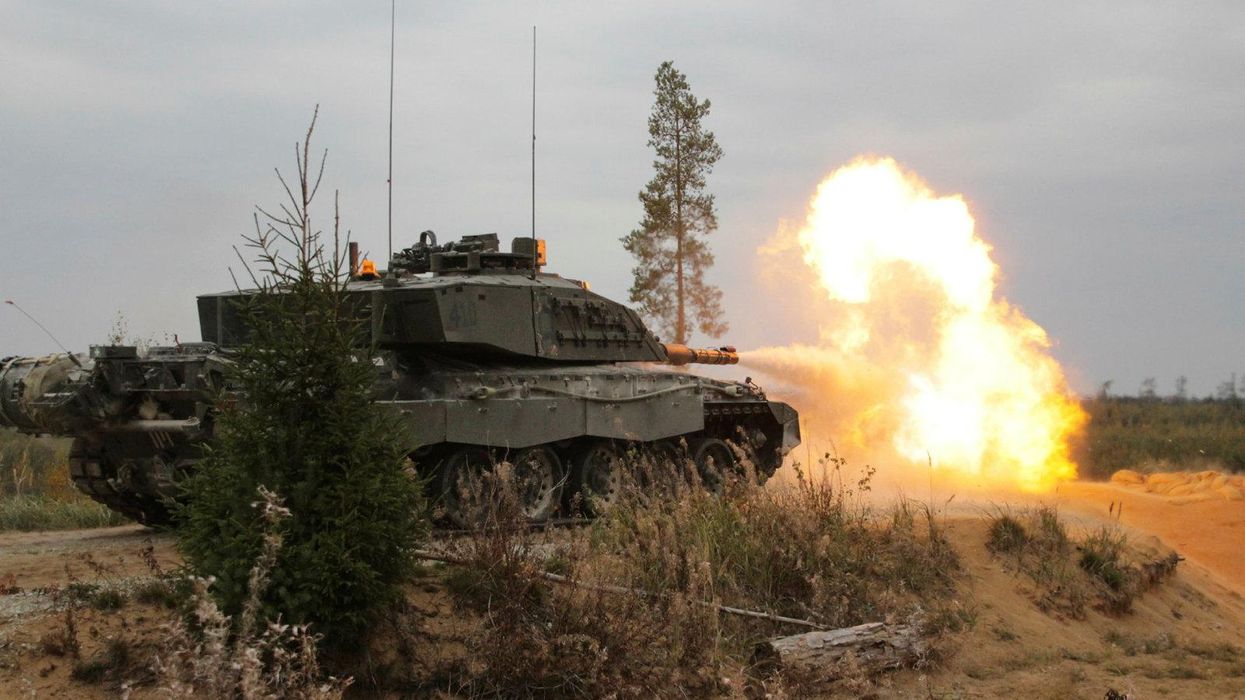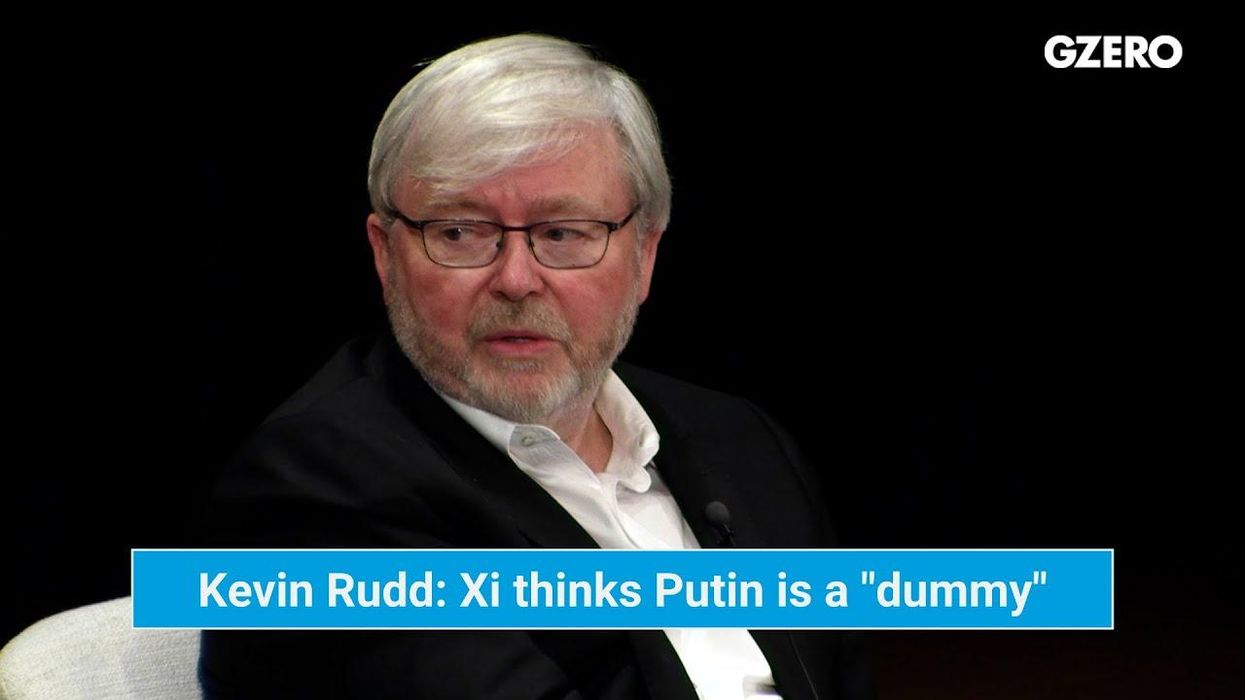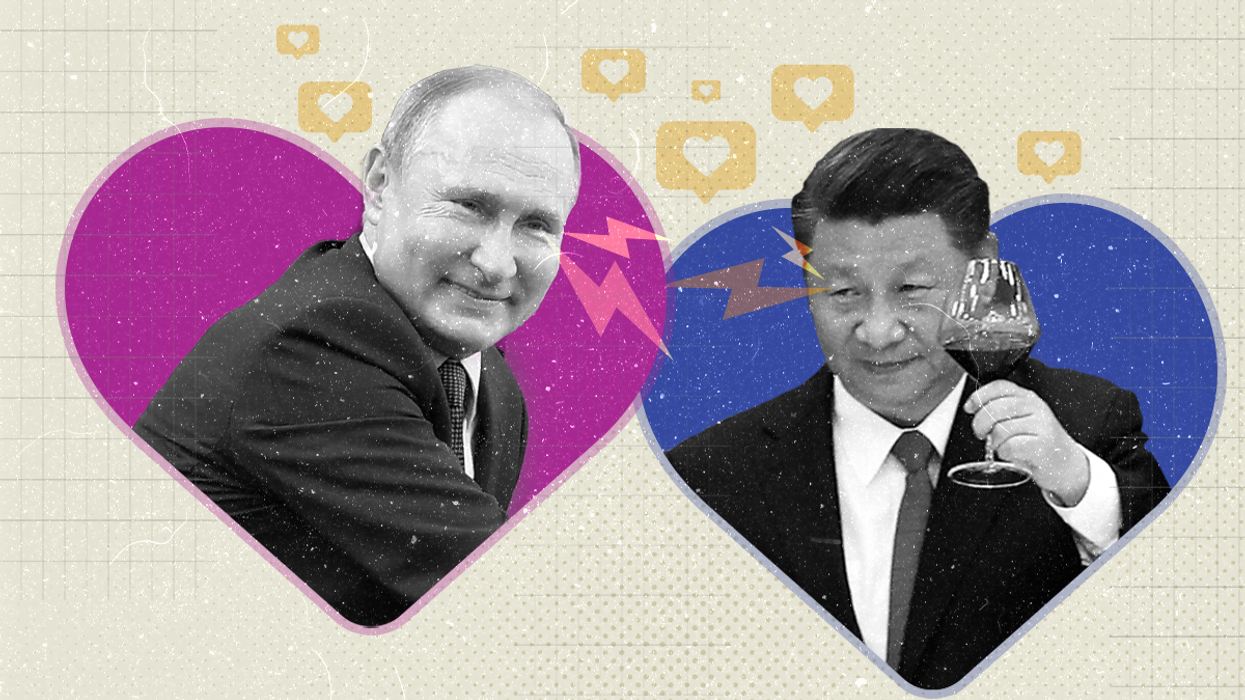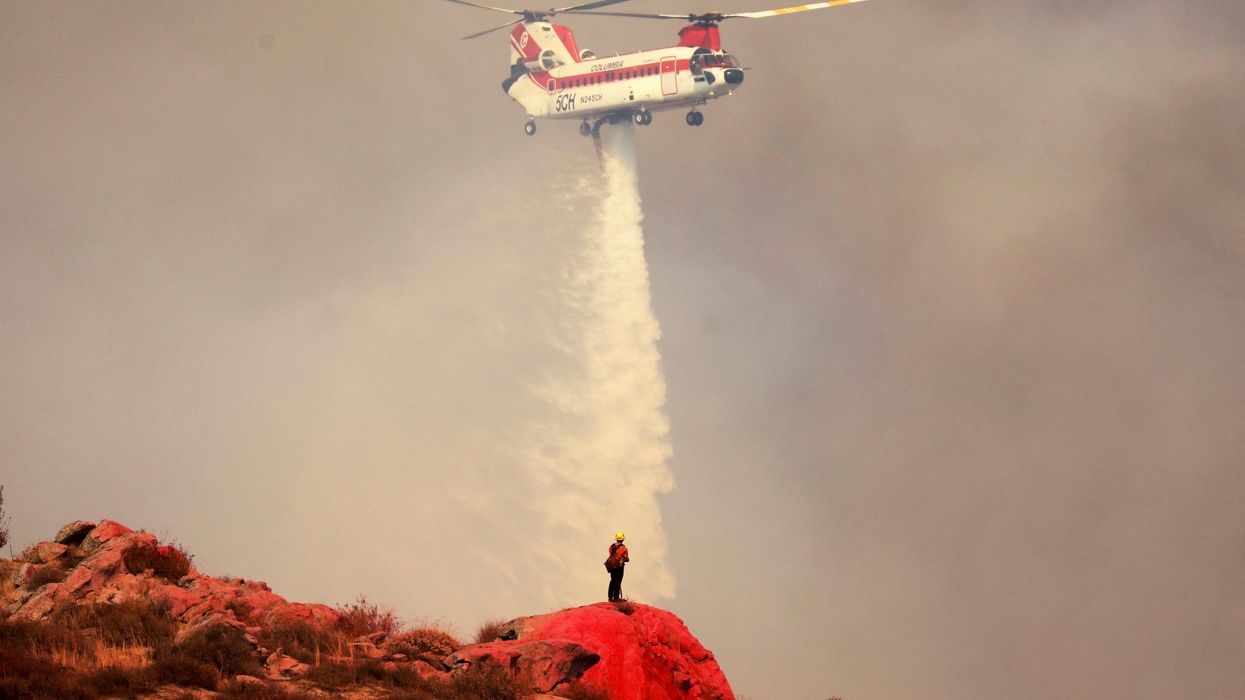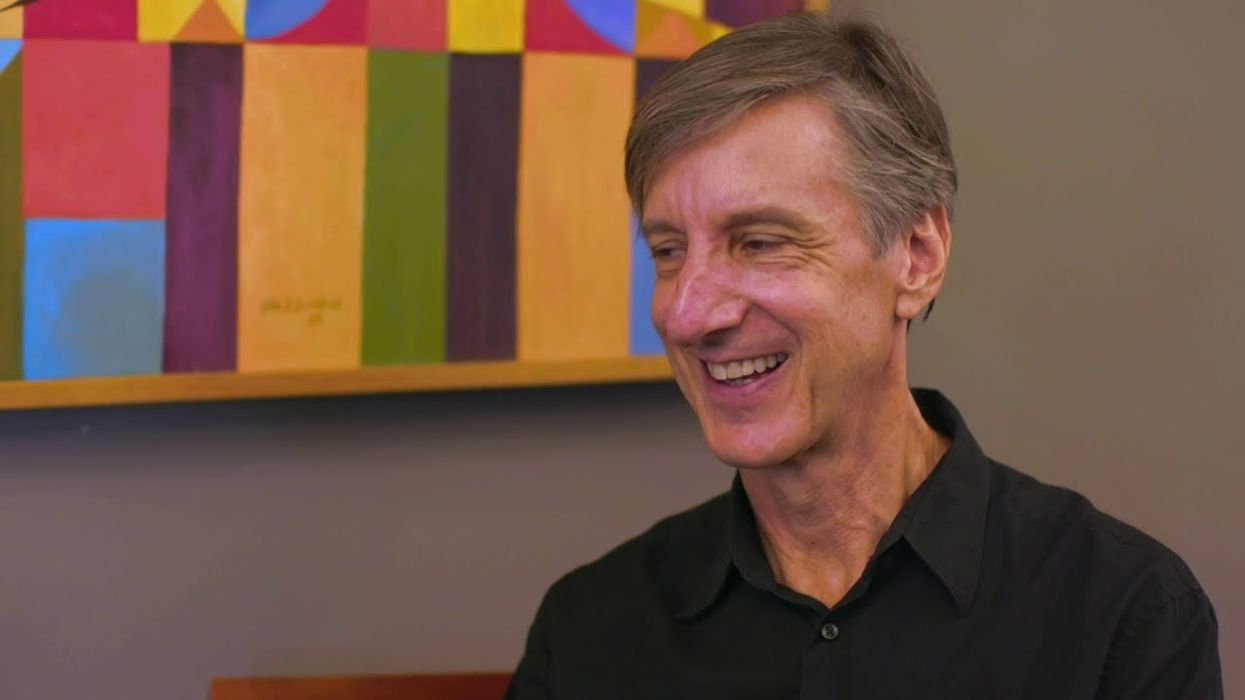What We're Watching
Russian dependence on China deepens
In public, there are “no limits” to the old and dear friendship between China’s Xi Jinping and Russia’s Vladimir Putin, two leaders with a common distaste for an international system dominated by Western-led political and economic institutions.
Jun 03, 2024
